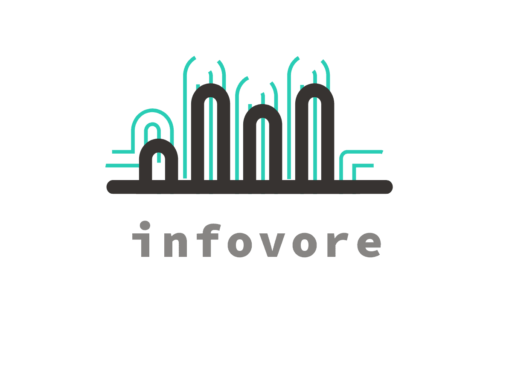In November 2020, just after the news broke out about how a popular app with almost 100 million downloads misused its users’ location data, a friend of mine publicly responded, “I see no reason why anyone should stop using the app. Other popular apps such as Facebook and Google use our data in unethical ways too. You should only be scared if you’ve got something to hide”.
Unsurprisingly, as found out by a Pew Research study, millions of internet users hold this opinion too believing that no one should oppose or fear data capturing and surveillance by private and public entities unless they have shady activities to hide.
This is despite overwhelming evidence as to why such a notion is harmful to our fundamental digital rights. To better understand what is at stake, here’s a snapshot of the worsening state of online privacy and digital identity rights over the past year:
The State of Online Privacy
- Governmental agencies are increasingly using sophisticated data surveillance programs such as Clearview AI to wrongly profile citizens whilst violating our privacy without proper consent. It is also not surprising that many traditional entities are against Net Neutrality.
- Thousands of data breaches occur every month exposing billions of personal records such as emails, passwords, bank details, digital identity documents to bad actors. Many of these details are collected by private and public entities not because they necessarily help them perform their duties but rather for their selfish interests. Breaches such as that of Travelex, Ledger, and Microsoft have led to massive identity theft and fraud, huge loss of property, and in some cases, lives.
You Do Have Something To Hide
According to many cybersecurity experts, the biggest argument against this flawed opinion is the fact that we all truly have something to hide.
Many times, people wrongly believe digital privacy only matters to people with wrongdoings to conceal. However, this is not true. The vast majority of pro-online privacy proposals are set up to give individuals control over who has access to their basic personal information like home addresses, telephone numbers, bank account details, and government identification numbers. Personal details anyone ordinarily would not want a stranger gain access to. For example, a lot of recent news reports show many internet users expressing outrage upon finding that Amazon’s Alexa listens to their private conversations with close friends and family.
Interestingly, Glenn Greenwald, a popular pro-privacy journalist explains that even diehard ‘nothing to hide’ proponents manifest their ‘hypocrisy’ whenever he conducts a simple test – requesting they email him the passwords to their email and social media accounts. Unsurprisingly, not even the staunchest of them would accede to such a request despite having “nothing to hide”.
For the majority of law-abiding internet users, the reality is that although we may have nothing to hide, we do have something to fear. It’s therefore pertinent that we give the state of our online privacy its befitting worth.
Everyone Deserves Privacy
With every sphere of our lives increasingly being permeated by Internet-powered devices, we must care about the growing powers of the tech companies creating them.
The right to online privacy is increasingly becoming as important as other fundamental human rights such as our rights to life and freedom of expression. Already, our data are being captured and processed in such a way that discriminates against minorities and prevents them from accessing their human rights. For instance, recent reports have shown that facial recognition programs are being used to racially profile innocent citizens and curtail their freedom. Everyone deserves the right to online privacy no matter who they are!
It’s not surprising that Edward Snowden, the famous whistleblower who protested against the extravagances of the U.S mass data surveillance program said:
“Arguing that you don’t care about the right to privacy because you have nothing to hide is no different than saying you don’t care about free speech because you have nothing to say. Nobody needs to justify why they ‘need’ a right. The burden of justification falls on the one seeking to infringe upon the right.”
In conclusion, arguing that only those who have something to hide should worry about their online privacy is a dangerous thought. It also undermines the efforts of several activists championing the cause, especially for the oppressed minorities. Our fundamental human rights tenets dictate that every human is truly innocent until proven wrong. If we’ve truly got nothing to hide, why is our privacy repeatedly being intruded upon?
Decentralized data privacy systems like Blockstack that champion the protection of user privacy and ownership are needed now more than ever.

